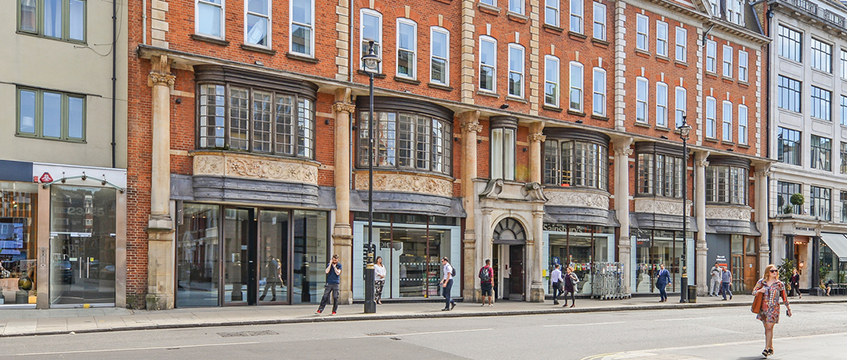EDITOR’S COMMENT There is no way of sugar coating the climate in which we now operate. Whatever way you look at it, things are getting rough.
Not only is our physical climate edging closer to that 1.5°C rise in global temperatures, with little hope that we’ll be able to stay below that, but our economic environment is in dire straits too. Interest rates continue to rise, inflation continues to bite, and the cost-of-living crisis is being felt by more and more.
For real estate, a crisis is usually a time when there are huge opportunities. And there will always be buying opportunities out there for savvy, well-financed, cash-rich investors. The vultures will always circle in times like these, and they will usually be well fed.
And while this recession may not be quite like the GFC, with an industry that is less leveraged and banks not as exposed as they were in 2008, I still can’t shake this feeling that things are going to be bad.
I know Toscafund’s Savvas Savouri will think me something of an idiot, with his view that anyone who believes this recession will be 2008 or 1990s-like will come to regret that perception, but I just can’t shake the feeling that this recession is going to hurt just as much as those two. The pain will be different, no doubt, but it does feel like it’s going to be severe.
I may sound like a monger of doom. But there are some grounds for my pessimistic conviction.
One of the things I love most about this industry is its addiction to growth, to being the best and doing more. It is an industry full of creators that just want to do stuff. That is magnificent and long may it last. But that desire for more, to be bigger, to solve more problems, to create more stuff, always leads to heartache when environments change.
While this time around this hunger for more may not have led to mass over-leverage, it has led to a period of mass people growth and booming salaries. New jobs have been created, many to ensure the sector takes its responsibilities much more seriously – heads of sustainability, leads on diversity and inclusion, etc. These are important things to focus on and elements that definitely shouldn’t be done off the side of a desk, but is this really a new layer of management that needs to be inserted into business, or should this be part of a CEO, COO, CIO or MD role? And the salaries we saw being served up as businesses went into panic mode during the Great Resignation. Oof.
This people plumpness many firms have will undoubtedly come under scrutiny as income tightens.
We are already seeing signs of axes falling, with most of the big global agencies announcing cost-cutting measures. And with a $400m drop in capital markets revenue across CBRE, Newmark, Colliers, JLL and Cushman & Wakefield in Q3 alone, it is understandable that those not making it rain might be told to get their coat.
Prices are falling – by up to 40%, according to Bayes Business School’s Nicole Lux. This will impact fees obviously, but also the volume of deals. Those that don’t have to sell at that level of discount won’t. And if there are fewer forced sellers in the market than in 2008 or 1990, then the market stagnates and, in this market, no news is always bad news.
Couple all that with the big debt pile our government has to reconcile and the actions we are already seeing from the new man in charge – the rapid turnaround on investment zones being just one example – and the world feels a little bit shaky.
The sad bit, of course, and the bit where I hope I am that idiot who lives to regret my pessimism, is that this country, this planet needs real estate to be healthy. If government isn’t investing in our towns and cities, then we really need real estate and the private sector to do so. We need the cash and the expertise.
It’s not in my nature to want to be wrong. But in this case, I really hope I am.
To send feedback, e-mail samantha.mcclary@eg.co.uk or tweet @samanthamcclary or @EGPropertyNews











